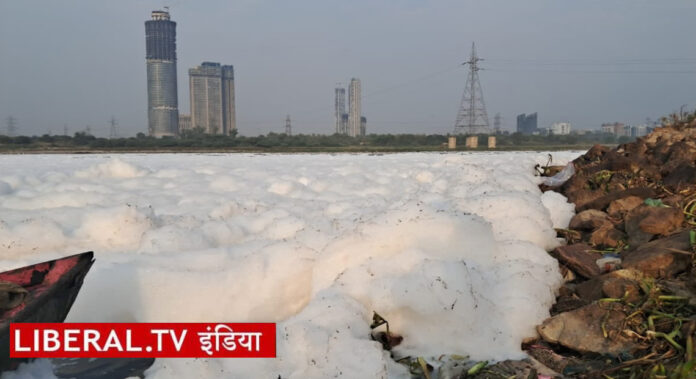Lahore has recently recorded an alarming Air Quality Index (AQI) of 1900, marking the highest level of air pollution ever measured in the city. This shocking figure has prompted serious health concerns among residents and has drawn widespread media attention both locally and internationally.
In response to the crisis, Pakistani officials have placed the blame on India, alleging that transboundary pollution from agricultural burning in neighboring regions has contributed significantly to Lahore’s deteriorating air quality. The Pakistani government has called for regional cooperation to address the issue of air pollution, highlighting the need for both nations to take responsibility for environmental protection.
The record AQI level indicates hazardous air quality, posing severe health risks to the population, particularly for vulnerable groups such as children, the elderly, and those with pre-existing health conditions. Health experts warn that prolonged exposure to such high levels of pollution can lead to respiratory issues, cardiovascular problems, and other serious health complications.
Local authorities in Lahore are facing mounting pressure to implement measures to mitigate the effects of air pollution. This includes stricter regulations on industrial emissions, promoting cleaner fuels, and enhancing public awareness about the dangers of air pollution. However, the political tension between India and Pakistan complicates collaborative efforts to address the regional air quality crisis.



